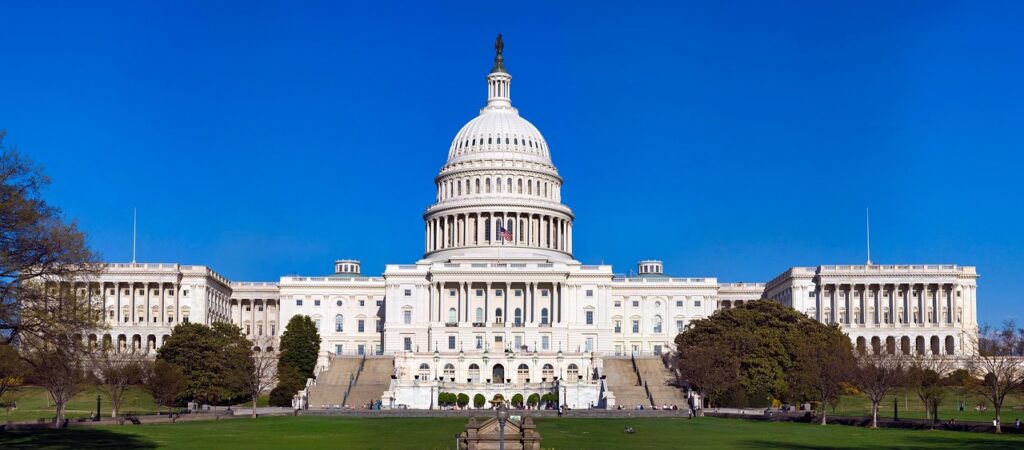Ann Telnaes Criticizes Editorial Decision
Pulitzer Prize-winning cartoonist Ann Telnaes has resigned from The Washington Post after the rejection of one of her illustrations. The cartoon showed Facebook’s Mark Zuckerberg and Amazon founder Jeff Bezos kneeling with money bags at the base of a statue of President-elect Donald Trump.
Telnaes said the illustration was meant to criticize how tech and media billionaires sought to align themselves with Trump. “To be clear, sketches have been rejected or revised before, but never because of the viewpoint expressed,” she stated. Telnaes, who had been with the Post since 2008, described the rejection as a pivotal moment and a threat to press freedom.
Editorial Team Explains Its Rationale
David Shipley, The Washington Post opinion editor, defended the decision to reject the cartoon. In a statement quoted by The New York Times, Shipley clarified that the rejection was not about the cartoon’s viewpoint. Instead, he said it aimed to avoid redundancy, as other pieces in the same edition covered similar themes.
Shipley rejected the idea that the decision reflected editorial bias, stating, “Not every editorial judgment is an act of malicious intent.” His comments emphasized the challenges of maintaining editorial balance while managing overlapping content.
Ownership and Editorial Independence Under the Spotlight
Jeff Bezos, the owner of The Washington Post since 2013, has faced recurring scrutiny over his influence on the paper’s editorial decisions. Bezos has repeatedly denied using the publication to serve personal interests. However, criticism resurfaced in November when the Post chose not to endorse Kamala Harris, Trump’s opponent in the presidential election.
Endorsing candidates is a long-standing tradition among major U.S. newspapers, including The Washington Post. The decision not to endorse Harris drew backlash from both readers and staff. Critics questioned whether Bezos’ ownership played a role, but he defended the newspaper’s neutrality.
The rejection of Telnaes’ cartoon has reignited debates over the balance between ownership influence, editorial independence, and creative freedom. The incident highlights the ongoing tension between journalistic values and the realities of corporate-owned media.


